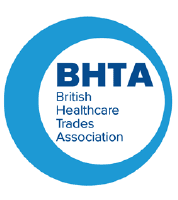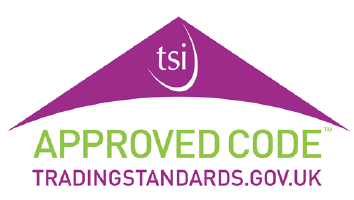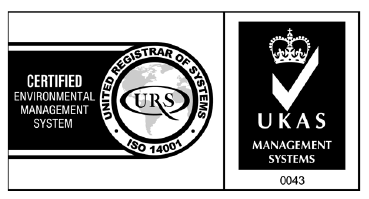Pressure ulcers (or bed sores as they are commonly known) occur for a number of complex reasons. This means there is no one solution to their prevention, however it is known that there are certain factors that increase the risk of a pressure sore developing. The consensus is, according to the National Pressure Ulcer Advisory Panel (NPUAP)1, that:
Nutrition is an important aspect of a comprehensive care plan for the prevention and treatment of pressure ulcers.
This is backed up by the latest white paper from the NPUAP, European Pressure Ulcer Advisory Panel (EPUAP), and the Pan Pacific Pressure Injury Alliance (PPPIA)2 which suggests that nutrition and hydration play an important role in both preserving tissue viability and repairing tissue during the pressure ulcer healing process.
Whilst not all risk factors can be managed, as the EPUAP3 points out, there are two factors that can be controlled to a certain extent; tissue loading (through the use of pressure relieving mattresses & cushions along with regular turning/moving regimes) and nutrition.
Practical Steps
There are a number of practical steps that can be taken by any healthcare setting to ensure nutrition is considered in those people at risk, although it should be remembered that these do not replace clinical judgement:
- Assessment of an individual’s nutritional status – using measurement tools (such as BMI although this can be problematic in older patients due to altered fat/lean body ratio) 3
- Follow a specific protocol for measuring patient’s weight (time of day, no shoes etc) 3
- Keep a record of food/fluid intake over a prescribed period to allow for evaluation3
- Re-assess regularly3
- If malnutrition is suspected then possible reasons for this weight loss should be explored3
- Where malnutrition may be present, nutritional intervention may be required – ideally through oral feeding with nutritional supplements as a next step. 3
- Nutritional intervention should be regularly re-assessed. 3
Putting the ‘Cared for’ First
Whilst it is important to try to improve a patient’s nutritional status if they are malnourished, it is also important to remember that all individuals have different needs and have their own unique situation, and these need to be considered when thinking about any intervention plan.
Some things that may encourage eating are:
- Consider the quality-density of food rather than the quantity – aim for protein-energy rich foods
- Consider access to food – are they restricted in any way, could this be made better?
- Consider the texture of the food – is it easy for them to eat, how do they like their food?
- Try giving food in smaller portions more regularly
- Always ensure enough fluid intake (at least 1.5 litres a day)
- Aim for a balanced diet from all food groups (see the Eatwell Guide)
- Fortify meals/snack/drinks where possible
More useful information on nutrition for older people and those with pressure ulcers can be found by following the links below:
Diet & Pressure Ulcers: Advice for Patients and Carers
Bibliography
1 NPUAP (2009) The Role of Nutrition in Pressure Ulcer Prevention and Treatment: National Pressure Ulcer Advisory Panel White Paper[Online]. Available at http://www.npuap.org/wp-content/uploads/2012/03/Nutrition-White-Paper-Website-Version.pdf (Accessed 22 March 2017).
2 Skin & Wound Care (2015) ‘The Role of Nutrition for Pressure Ulcer Management: National Pressure Ulcer Advisory Panel, European Pressure Ulcer Advisory Panel, and Pan Pacific Pressure Injury Alliance White Paper’ [Online]. Available at http://journals.lww.com/aswcjournal/Fulltext/2015/04000/The_Role_of_Nutrition_for_Pressure_Ulcer.7.aspx (Accessed 22 March 2017).
3 EPUAP (2003) National Guidelines for Pressure Ulcer Prevention and Treatment, [Online]. Available at http://www.judy-waterlow.co.uk/downloads/english_nutritional_guidelines.pdf (Accessed 14 Dec 2016).
About the author – Ray Booth
Ray Booth is Research & Innovation Director at Select Medical. He has been involved in the pressure care equipment industry for over 20 years, and has created a wide range of well-designed alternating air pressure mattress systems for use in hospital, hospice and community healthcare sectors.








